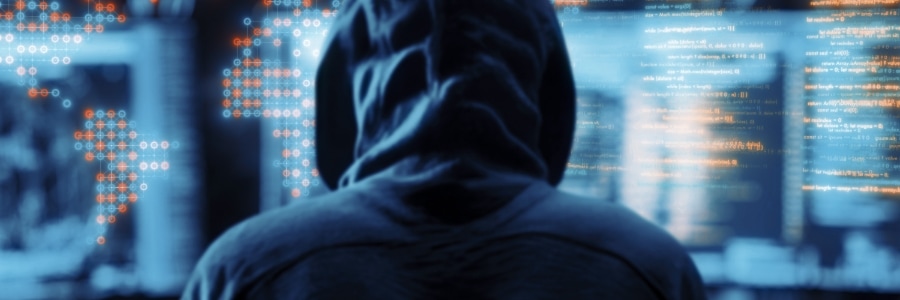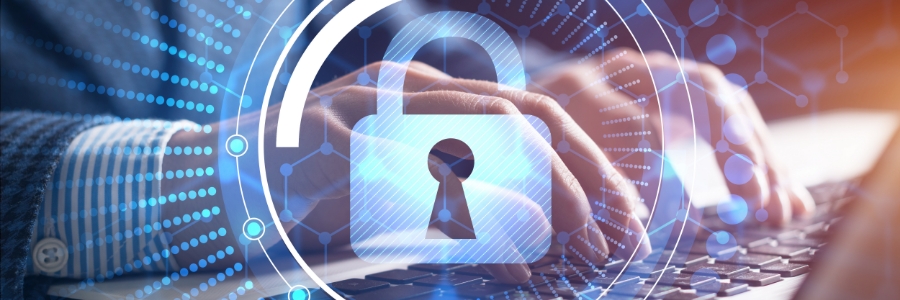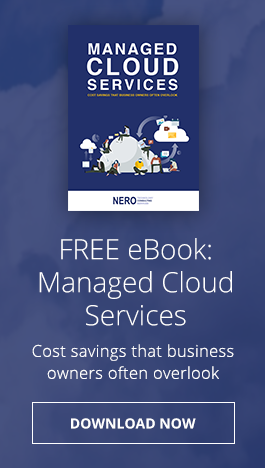The significance of cybersecurity today cannot be understated. As technology continues to advance and businesses become increasingly reliant on digital systems, the risk of cyberattacks is at an all-time high. Small businesses are particularly vulnerable, as they may not have the resources or knowledge to implement robust cybersecurity measures.
Securing your cyber haven: A guide to understanding and preventing watering hole attacks
The 2024 cybersecurity landscape: What to expect

The future is digital, and with it comes an ever-evolving cyber battlefield. Business owners, prepare yourselves, as 2024 promises a cybersecurity landscape unlike any before. Buckle up as we explore the five major trends defining the digital horizon — from the rise of AI-powered attacks to the blurring lines between the physical and virtual worlds.
Fortifying your business against cyberattacks
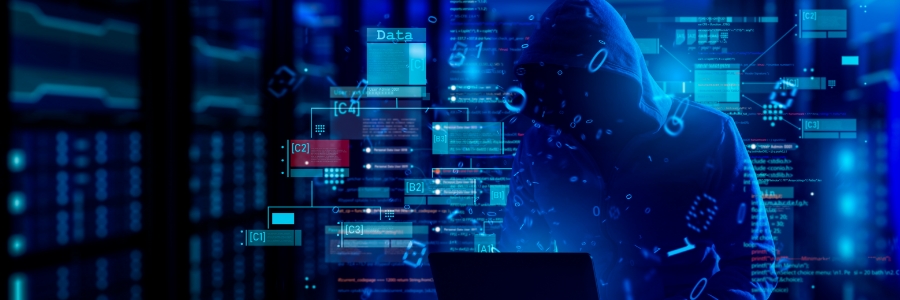
The festive season is upon us, but amidst the jingle bells and peppermint lattes lurks a silent threat: holiday hackers. As shopping sprees intensify and online transactions skyrocket, cybercriminals see fertile ground for their nefarious deeds. Here are expert insights and top tips to protect your business from holiday hackers.
Hack-proof your holidays: Essential tips for a cybersafe season

The holiday season's flurry of activity can easily lead to a lapse in attention to work-related matters. Hackers may actively exploit moments when you're deeply engrossed in holiday preparations, seeking out vulnerabilities in your systems. To prevent from being an easy mark this holiday season, incorporate these essential tips into your cybersecurity routine.
Don’t fall for these common social engineering tricks
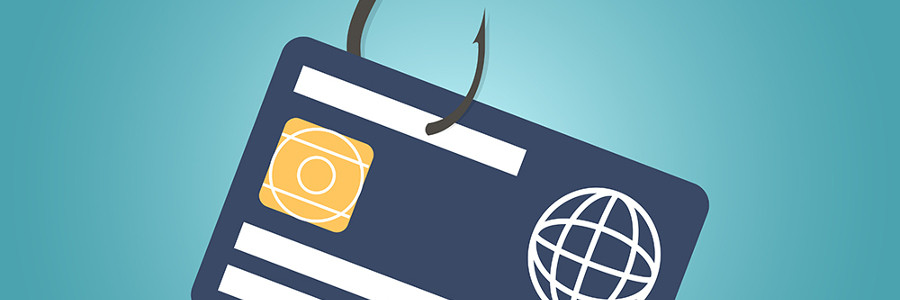
In an ever-evolving cybersecurity landscape, experts tirelessly develop new defense systems to safeguard individuals and businesses from the relentless pursuit of hackers. But hackers have found an effective way to circumvent even the most robust network security systems: They capitalize on human vulnerabilities, tricking people into divulging sensitive information.
How to mitigate remote work security risks
Social media privacy: A comprehensive guide
Is your password strong and secure?
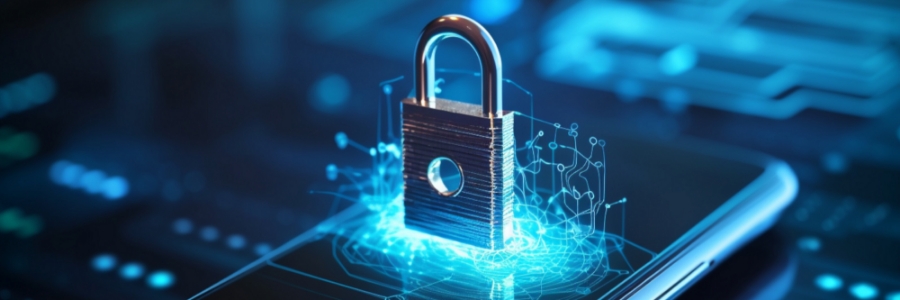
A password is more than just an assortment of characters you're required to enter in order to access your accounts. It is the first line of defense against potential threats and attacks. A weak password makes it easier for hackers or cybercriminals to gain access to your personal information, such as financial details or sensitive data.
Stepping up your business security: The power of two-factor authentication and two-step verification
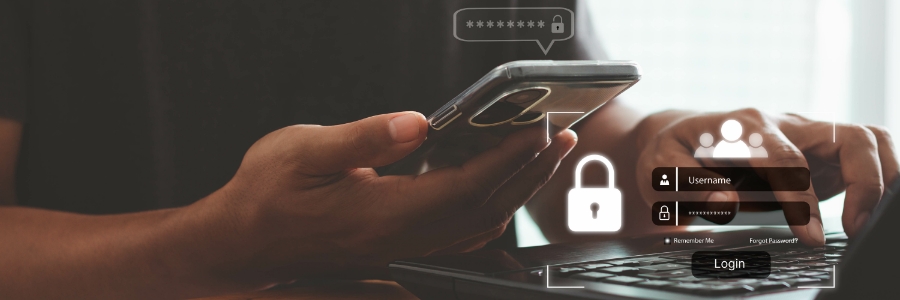
Every corner of the digital landscape hides potential threats to businesses. Luckily, you can fight back with a range of cybersecurity tools and technologies. Two of these resilient tools, two-factor authentication (2FA) and two-step verification (2SV), have become essential measures for any organization looking to protect its systems and data.


